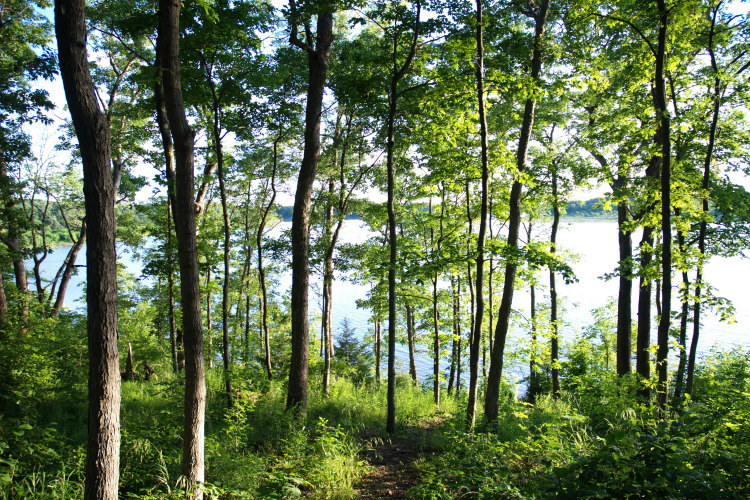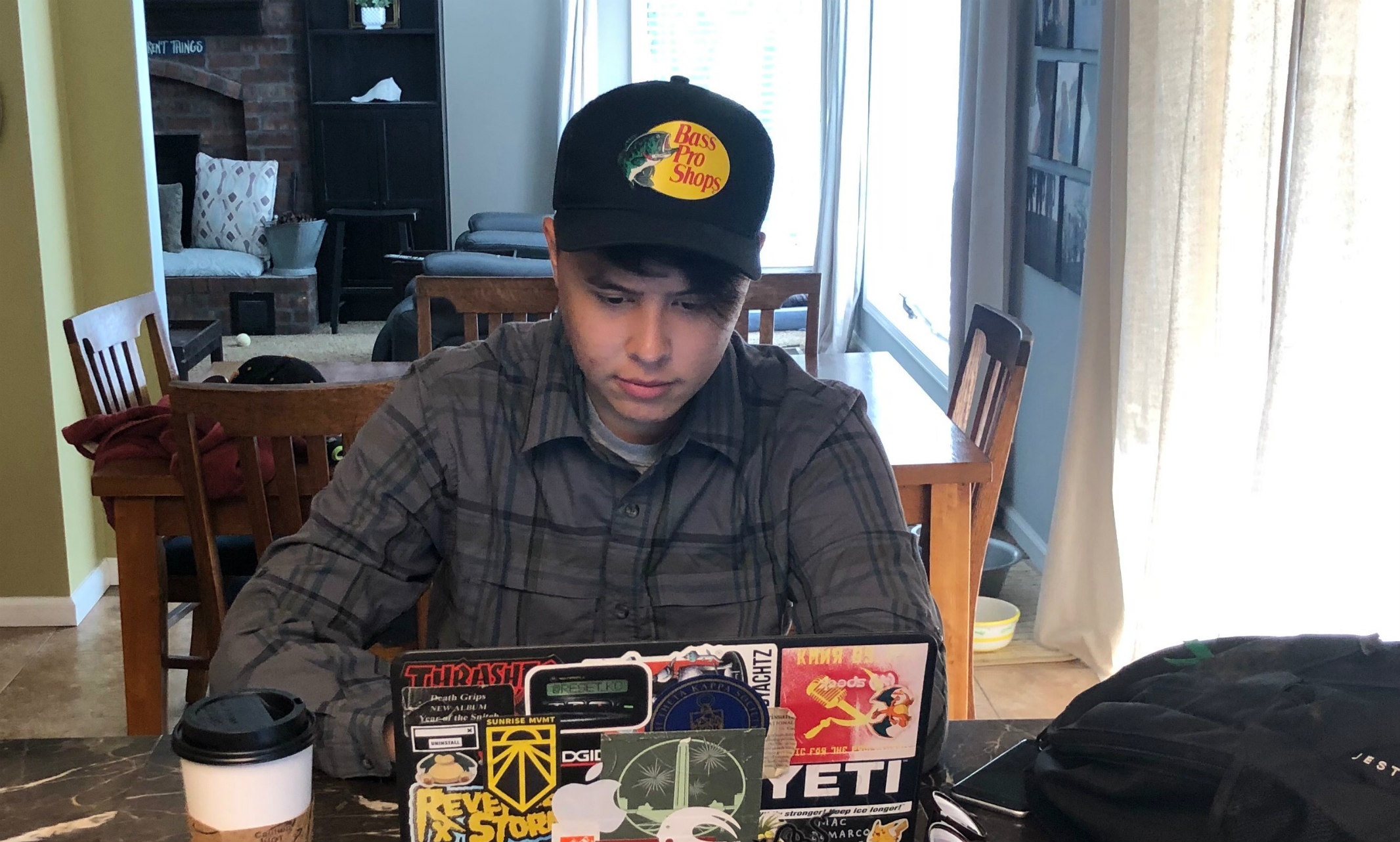Most Missourians are familiar with the Mark Twain National Forest, and many have even seen it in person. Imagine getting to look at it from space. That is precisely what UMKC Environmental Science student Grant Verhulst spent his summer doing.
How did you first discover the NASA DEVELOP Program?
This internship was introduced to me in my environmental science program. My mentor, Dr. Jejung Lee has had two of his former students participate in it as well. It is a great opportunity for students in the environmental sciences field because this program facilitates research projects to address environmental concerns all across the country.
What excited you most about conducting environmental research with NASA?
I applied directly to a project involving the Mark Twain National Forest. I have always been interested in it, having camped and gone hiking there many times. This internship also gave me a great picture of what my future career could look like. Collaborating with NASA and other environmental agencies is exactly what I hope to be doing someday. I also really enjoyed partnering with my three other research participants on this project. We were a mixed team of undergraduates and graduate students so I gained useful insight into what my next steps could look like as a researcher.
COVID-19 has obviously made a huge impact on in-person experiences. What was it like conducting research remotely all summer?
Our main task was to utilize remote sensing using satellites produced by NASA to conduct feasibility studies. We wanted to see if it was possible to identify and track an invasive species of trees with satellite technology. While our research was possible to conduct from home, I did miss the energy that comes from sharing lab space with other researchers and having free flowing ideas and exchanges.

What were the biggest benefits of interning for NASA?
The networking aspect of the internship was hugely beneficial. I got to speak with a lot of government employees in various agencies and practice having scientific conversations with non-scientists. I also learned how to create a lot of scientific materials like posters, presentations and papers. These are skills that any researcher needs to have.
"UMKC is filled with opportunities, especially in the environmental sciences field."
How did being at UMKC help you get to this place in your academic career?
UMKC is filled with opportunities, especially in the environmental sciences field. There is also a lot of environmental action going on around this region, so opportunities abound. UMKC provides students the opportunity to conduct undergraduate research which I believe helped me get accepted into the DEVELOP program in the first place.
"Try everything. Environmental science is such a broad field with so many opportunities. You could get really deep into the science aspects and focus on lab research."
What advice would you give to a younger student?
Try everything. Environmental science is such a broad field with so many opportunities. You could get really deep into the science aspects and focus on lab research. You could also work on climate justice and public policy or local regulations. If you take opportunities and explore everything you can figure out what you like doing the most. My internship with NASA is a great example of that. I am now one step closer to finding my dream career because of my time in this program.

